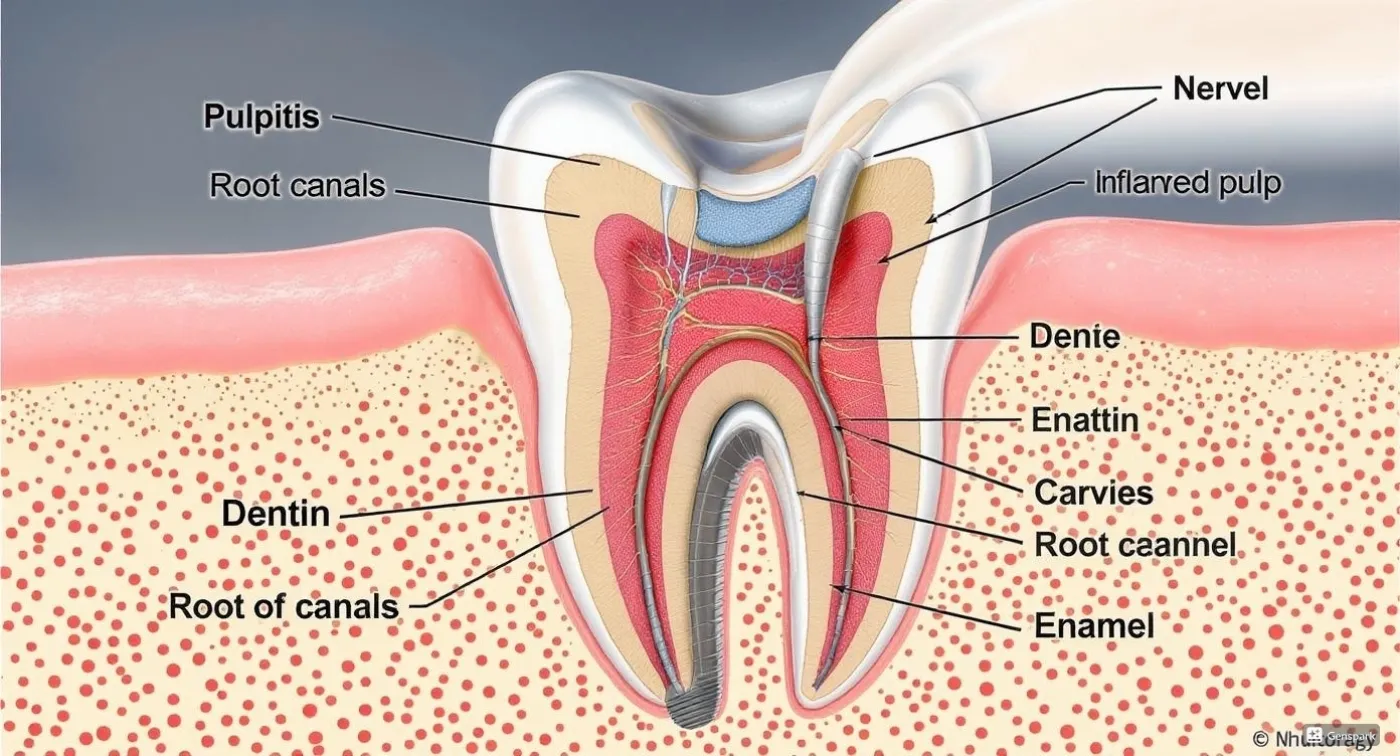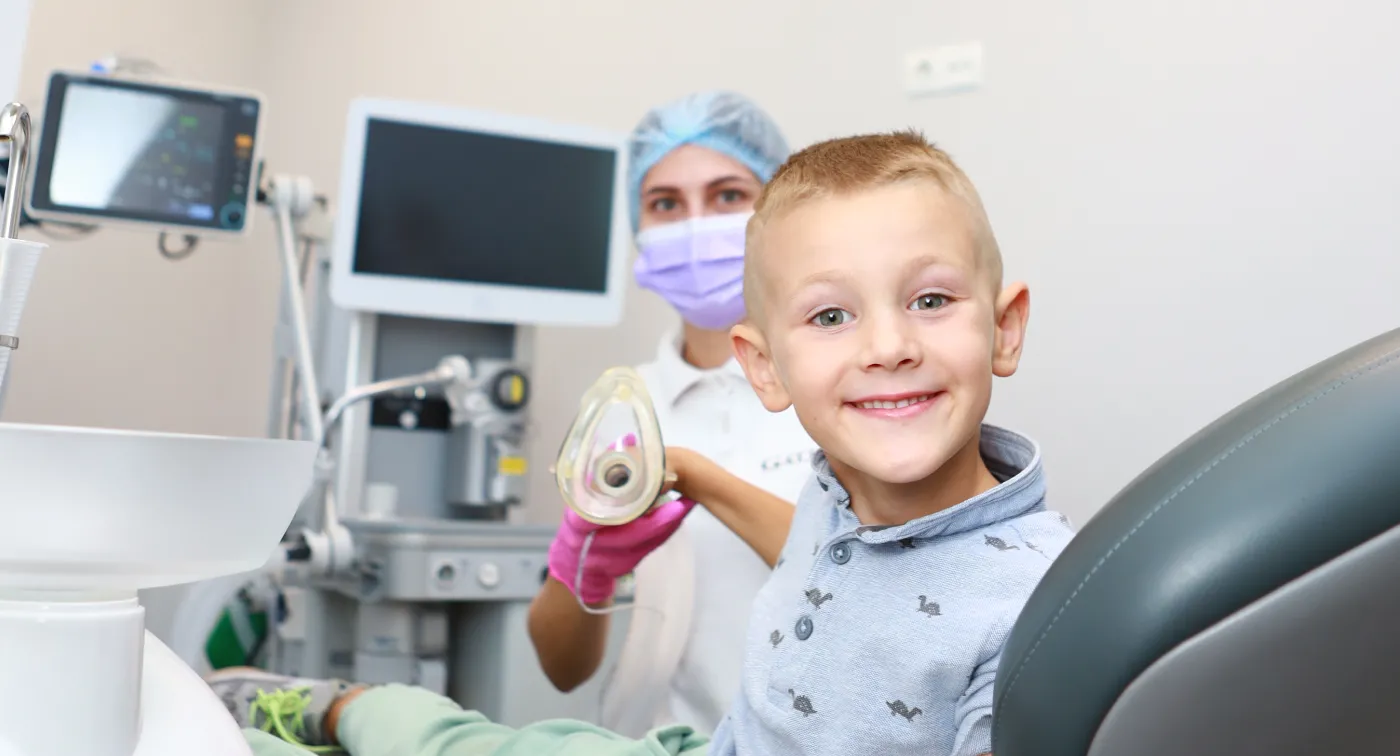Tooth extraction may seem like a scary procedure, but it is a standard dental intervention that is often necessary to maintain overall oral health.
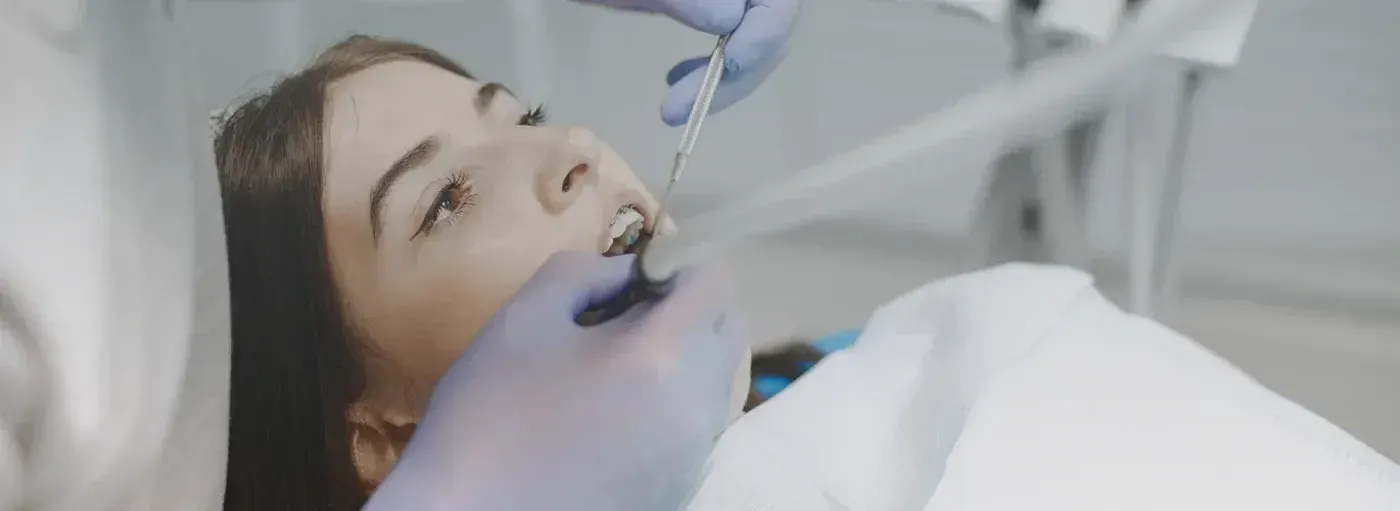
Tooth Extraction in Dentistry
It is important to understand that although tooth extraction is considered only when all other options have been exhausted., it can be the best solution in cases of severe tooth damage, infections, or for orthodontic purposes.
When is tooth extraction necessary?
Tooth extraction may be recommended for the following reasons:
- Irreversible tooth damage: Deep decay or infection that has damaged the tooth beyond repair.
- Trauma: Teeth damaged due to injury that cannot be restored.
- Wisdom teeth: Often removed due to lack of space or improper positioning.
- Orthodontic purposes: To create extra space in the dental arch.
Tooth extraction procedure
- Diagnosis: The first step includes examination and X-ray imaging to assess the tooth’s condition and plan the procedure.
- Anesthesia: The dentist applies local anesthesia so the patient does not feel pain during the procedure.
- Extraction: Depending on the complexity, the tooth may be removed whole or in parts. The dentist uses special tools to loosen and remove the tooth from its socket.
- Stitches: If necessary, the dentist may place stitches to promote faster healing and protect the extraction site from infection.
Postoperative care
- Pain: Some pain after the procedure is possible; the dentist may prescribe painkillers to reduce discomfort.
- Ice: Applying ice to the extraction area helps reduce swelling and pain.
- Restrictions: For the first few hours after the procedure, avoid eating or drinking. Avoid physical exertion, hot drinks, and stress on the teeth.
- Hygiene: It is important to maintain oral hygiene but carefully avoid the extraction area.
- Follow-up visits: The dentist may schedule follow-up appointments to monitor healing and remove stitches if needed.
Why is proper care important?
Proper care after tooth extraction helps prevent complications such as dry socket (alveolitis), infections, or prolonged healing. Postoperative care is key to avoiding complications and ensuring quick recovery.
Final thoughts
Tooth extraction is not a sentence. Thanks to modern dental methods and postoperative care, patients can recover quickly and avoid further problems. If you have any questions or concerns about the procedure, don’t hesitate to contact us. We will provide you with all the necessary information and support.
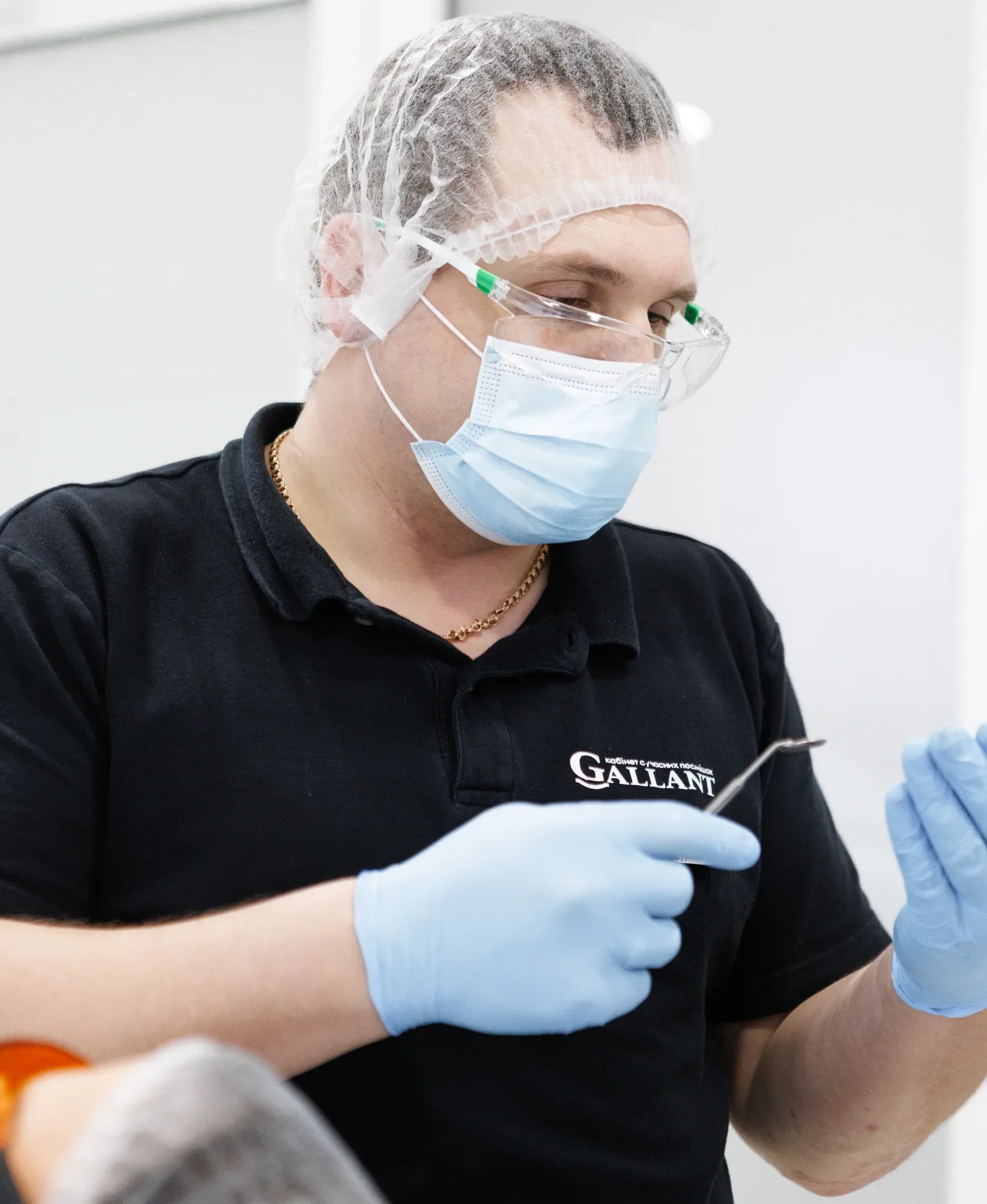
Request a call
We will contact you to schedule a convenient time for your consultation and connect you with the right specialist
More articles
We have gathered all the most interesting posts from our specialist doctors in our blog just for you
Dental Treatment During Pregnancy: Myths and Facts
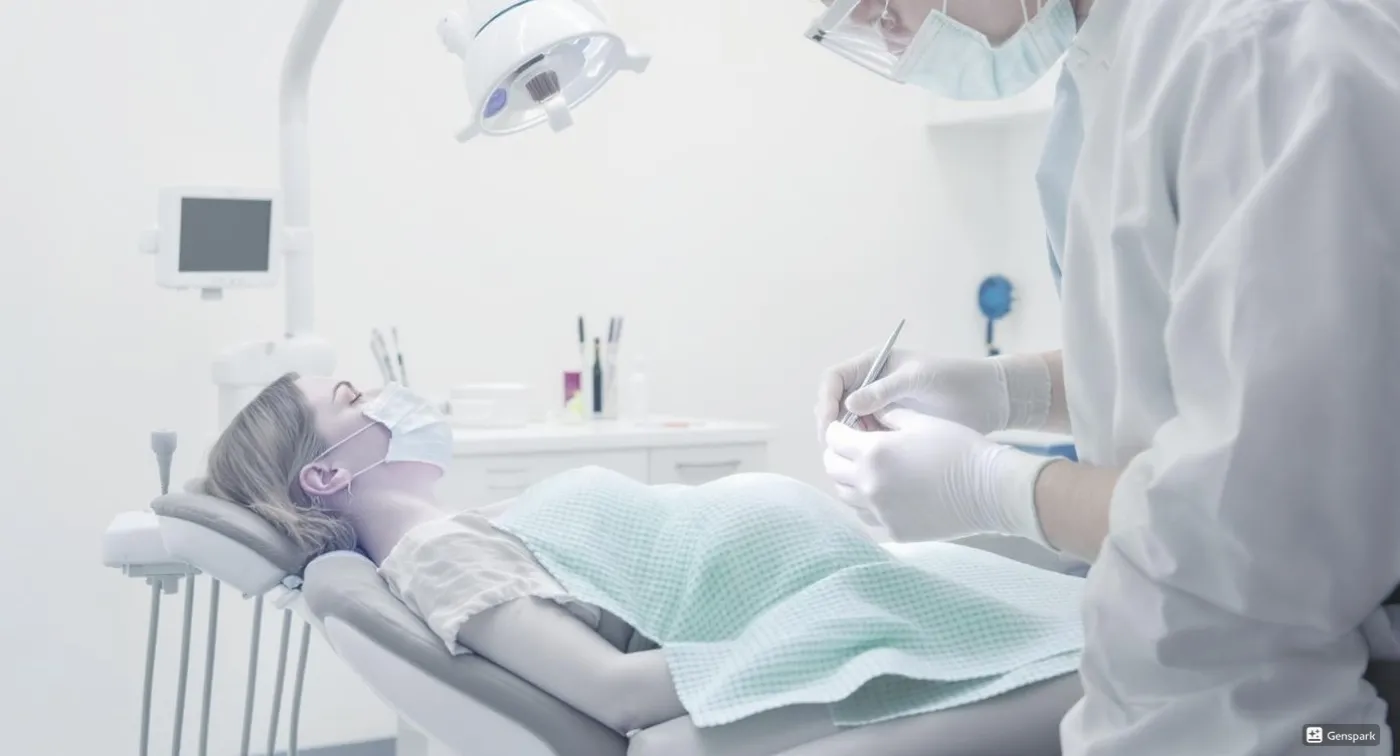
Bruxism (Teeth Grinding) and How to Get Rid of It Forever
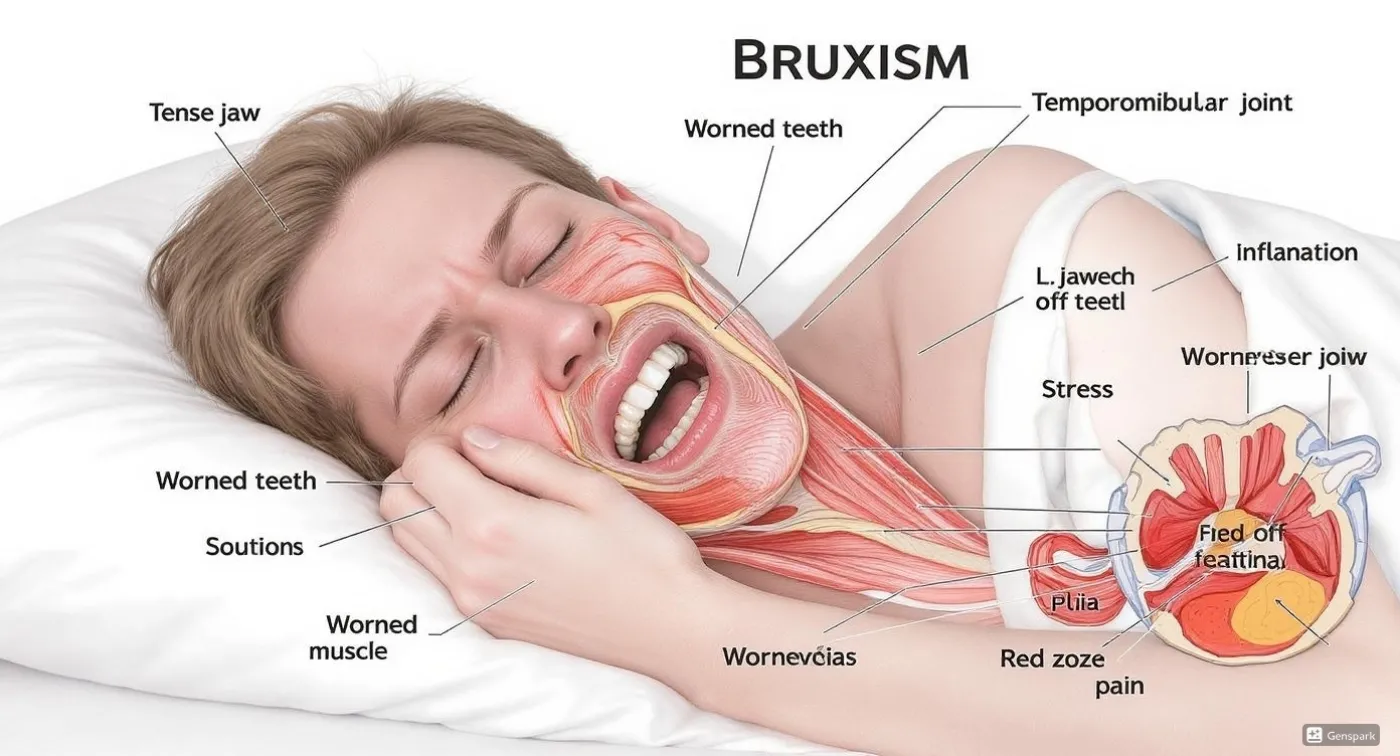

Request a call
We’ll get back to you shortly!

Leave a Review
Your feedback means a lot to us!



